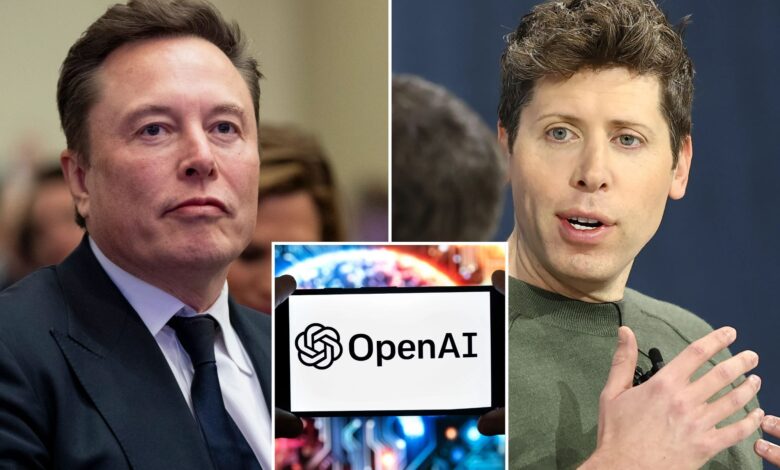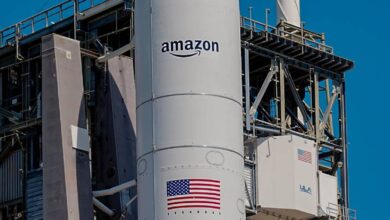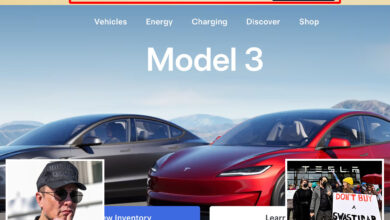Elon Musk wanted to make OpenAI a for-profit company, messages show

OpenAI said it would ask a judge in California on Friday to reject a request by billionaire Elon Musk to halt the ChatGPT maker’s conversion to a for-profit company.
OpenAI also published a trove of emails and text messages with Musk on its website to argue that he initially backed for-profit status for OpenAI before walking away from the company after failing to get a majority equity stake and full control.
Musk, who was an OpenAI cofounder, has since launched a competing artificial intelligence company, xAI.
Musk sued OpenAI, its CEO Sam Altman and others in August, claiming they violated contract provisions by putting profits ahead of the public good in the push to advance AI. In November he asked US District Judge Yvonne Gonzalez Rogers in Oakland for a preliminary injunction blocking OpenAI from converting to a for-profit structure.
A lawyer for Musk did not immediately respond to a request for comment on Friday.
OpenAI’s blog post said Musk “should be competing in the marketplace rather than the courtroom.”
Musk has since added Microsoft and others as defendants to his lawsuit, alleging OpenAI was scheming to sideline rivals and monopolize the market for generative artificial intelligence.
OpenAI started as a nonprofit in 2014 and has become the face of generative AI through billions of dollars in funding from Microsoft. In October it closed a $6.6 billion funding round from investors, which could value the company at $157 billion.
Musk’s xAI earlier this month said it had raised about $6 billion in equity financing.
OpenAI is working on a plan to restructure its core business into a for-profit benefit corporation.
The OpenAI nonprofit would own a minority stake in the for-profit company.
Rogers is scheduled to hear arguments on Musk’s injunction bid on Jan. 14.




